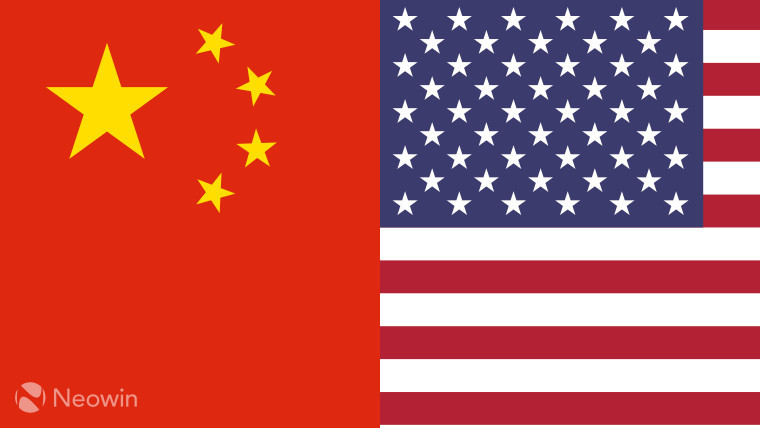Technology
China Launches K Visa Program to Attract Young Tech Talent

The introduction of China’s new K visa program marks a significant shift in the global competition for tech talent. Designed to attract young professionals in the fields of science, technology, engineering, and mathematics (STEM), the K visa aims to provide a more accessible pathway for foreign graduates to work in China’s burgeoning tech sector. This initiative comes as the U.S. faces increasing challenges in its own H-1B visa program, which has recently seen application fees soar to a staggering $100,000.
Historically, the H-1B visa has been a primary avenue for U.S. tech companies to recruit skilled workers from around the world. However, the rising costs and stringent requirements have made it more difficult for both companies and applicants. In light of these developments, other nations are seizing the opportunity to attract foreign talent. China’s K visa program is a direct response to this competitive landscape, seeking to strengthen its position as a global leader in technology.
Details of the K Visa Program
The K visa initiative distinguishes itself from the H-1B by not requiring employer sponsorship or a prior job offer. This allows foreign graduates to enter China more easily, settle in the country, and begin working immediately within the tech industry. Given China’s established reputation as a manufacturing hub and its extensive pool of skilled professionals, the K visa is poised to enhance its appeal further.
In addition to China, other countries such as Germany, New Zealand, and South Korea have also relaxed their visa regulations to attract talented individuals. These nations recognize the importance of skilled workers in driving innovation and economic growth, and are implementing policies that make it easier for foreign professionals to contribute.
Despite its potential, the K visa program faces hurdles. Language barriers may deter some applicants, as proficiency in Mandarin is generally required for many tech roles. Additionally, the criteria for eligibility remain somewhat ambiguous, which could create confusion for prospective applicants. There are also concerns regarding the pathways to citizenship, as well as the lack of clearly defined financial incentives and employment support for newcomers.
Impact on Global Talent Landscape
As China actively seeks to attract foreign tech talent, the implications for the U.S. tech sector could be significant. If the K visa program proves attractive to young professionals, it may divert some talent away from the United States. This shift could exacerbate existing workforce challenges, particularly in technology fields where skilled workers are in high demand.
The U.S. government may need to reconsider recent changes to the H-1B visa program, especially given the financial burden posed by the application fee. Discussions around reforming the visa process could become increasingly urgent as countries like China enhance their recruitment efforts.
As the global race for tech talent intensifies, it remains to be seen how these dynamics will unfold. The K visa program represents a bold step by China to position itself as a leading destination for young professionals in the technology sector, potentially reshaping the landscape of international talent mobility in the years to come.
-

 Technology5 months ago
Technology5 months agoDiscover the Top 10 Calorie Counting Apps of 2025
-

 Health2 months ago
Health2 months agoBella Hadid Shares Health Update After Treatment for Lyme Disease
-

 Health3 months ago
Health3 months agoErin Bates Shares Recovery Update Following Sepsis Complications
-

 Technology4 months ago
Technology4 months agoDiscover How to Reverse Image Search Using ChatGPT Effortlessly
-

 Technology1 month ago
Technology1 month agoDiscover 2025’s Top GPUs for Exceptional 4K Gaming Performance
-

 Technology2 months ago
Technology2 months agoElectric Moto Influencer Surronster Arrested in Tijuana
-

 Technology5 months ago
Technology5 months agoMeta Initiates $60B AI Data Center Expansion, Starting in Ohio
-

 Technology5 months ago
Technology5 months agoRecovering a Suspended TikTok Account: A Step-by-Step Guide
-

 Health4 months ago
Health4 months agoTested: Rab Firewall Mountain Jacket Survives Harsh Conditions
-

 Lifestyle5 months ago
Lifestyle5 months agoBelton Family Reunites After Daughter Survives Hill Country Floods
-

 Technology4 months ago
Technology4 months agoHarmonic Launches AI Chatbot App to Transform Mathematical Reasoning
-

 Technology3 months ago
Technology3 months agoUncovering the Top Five Most Challenging Motorcycles to Ride




















